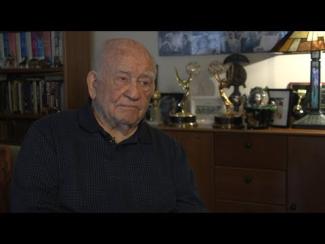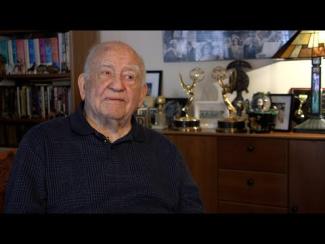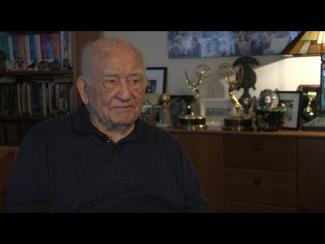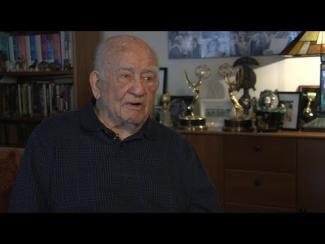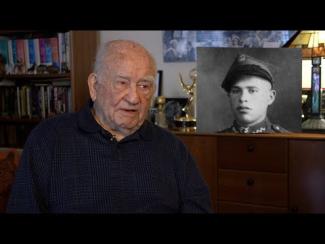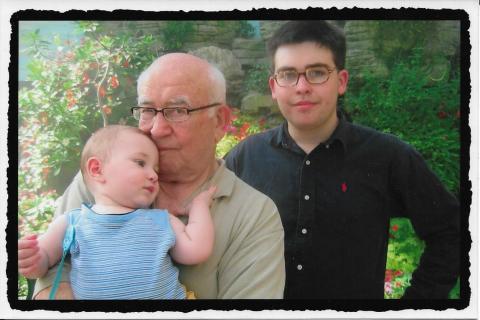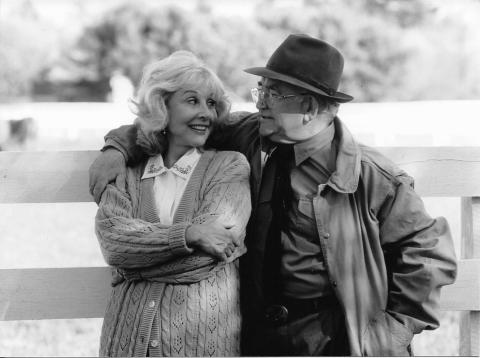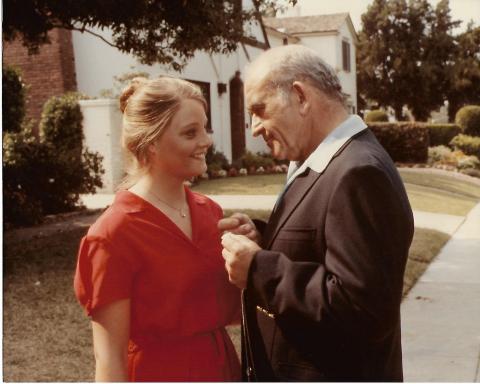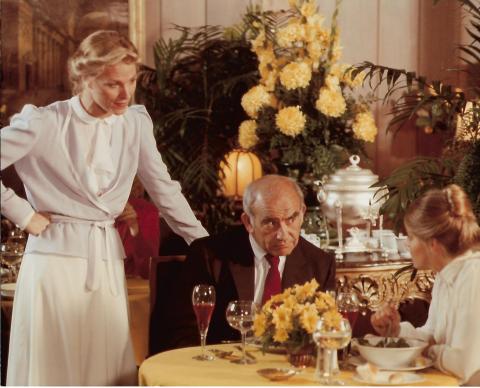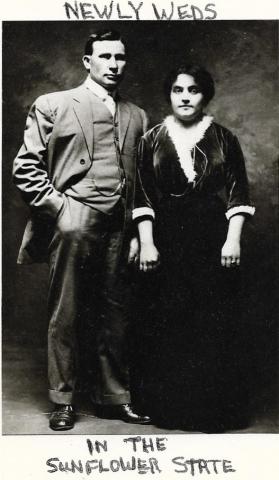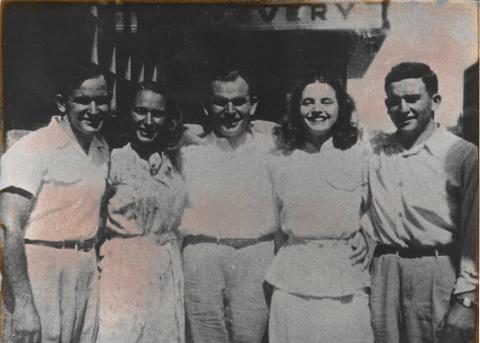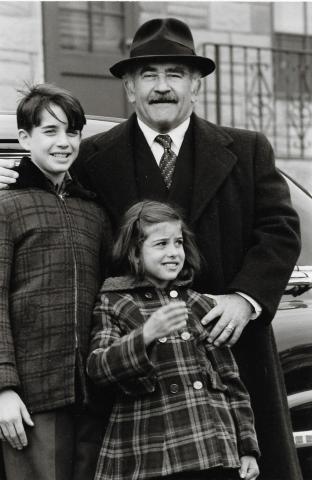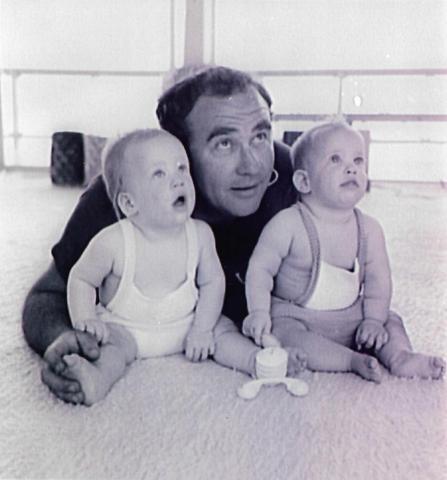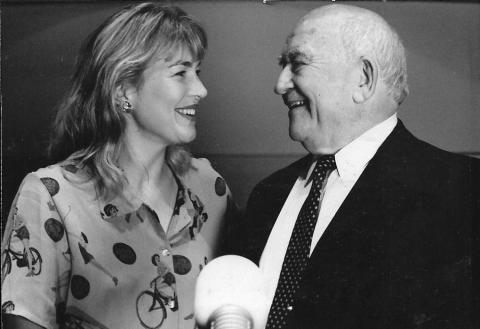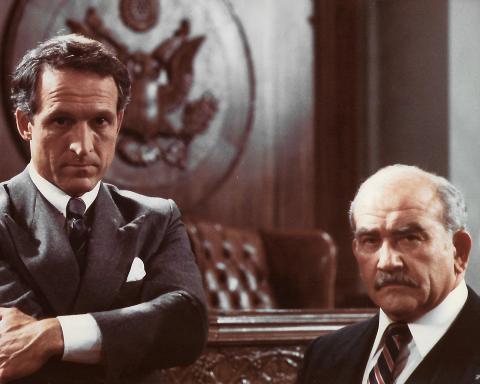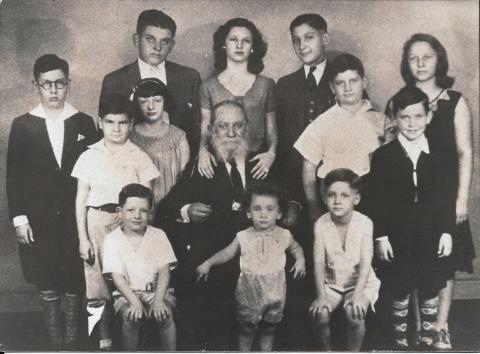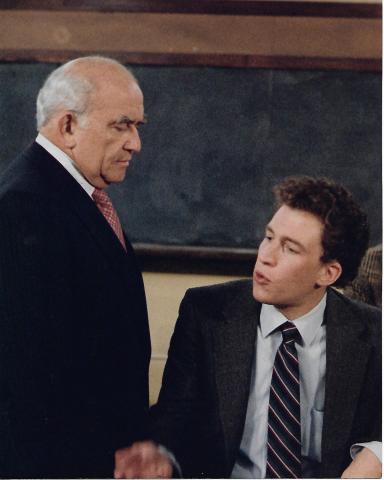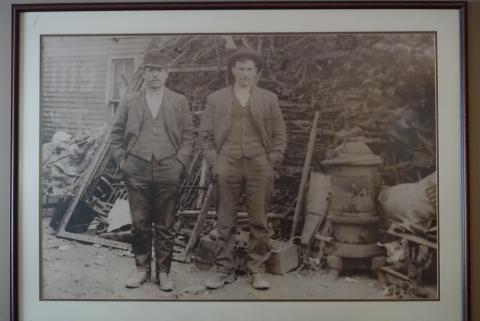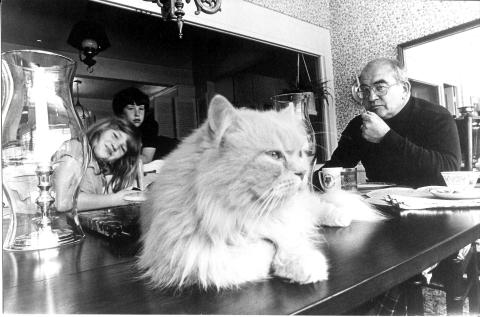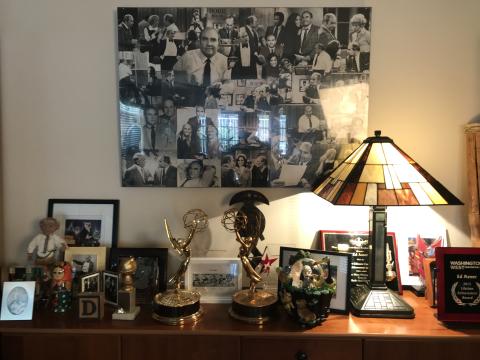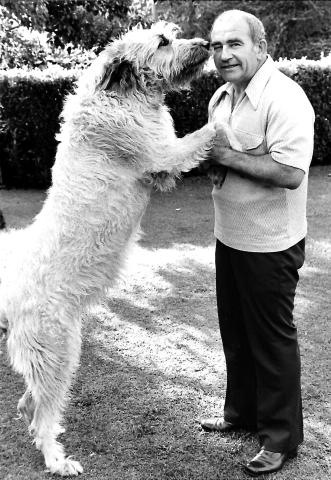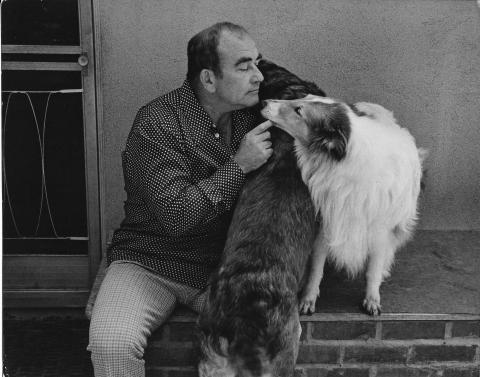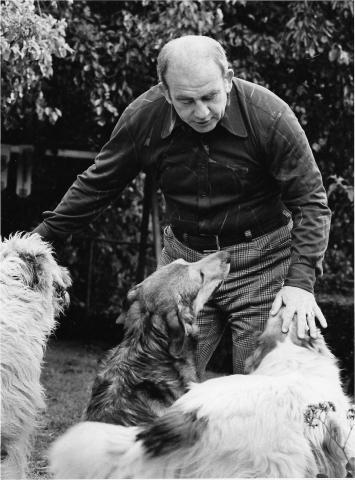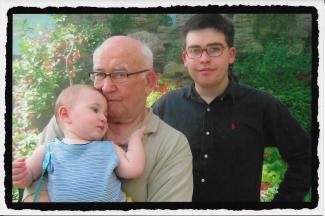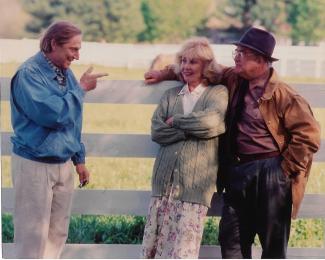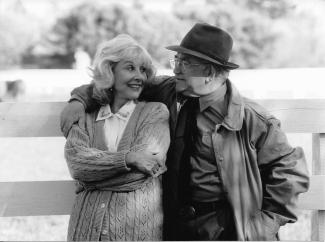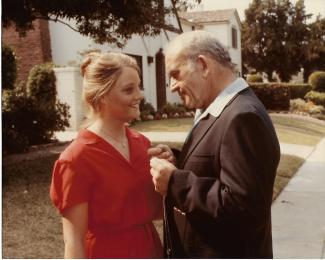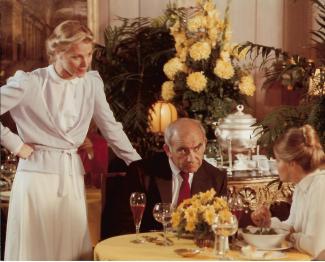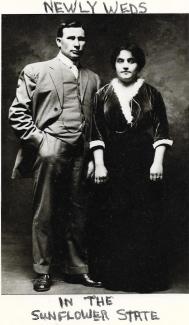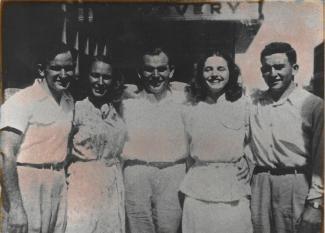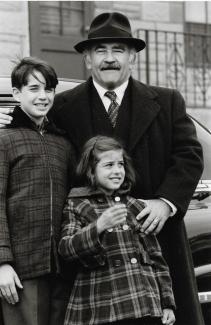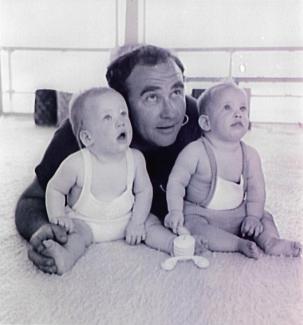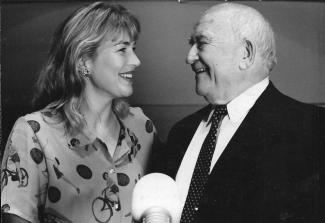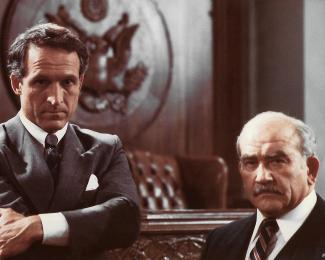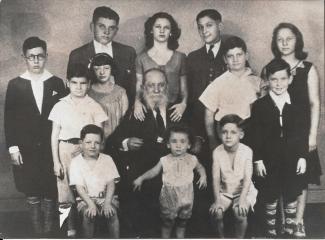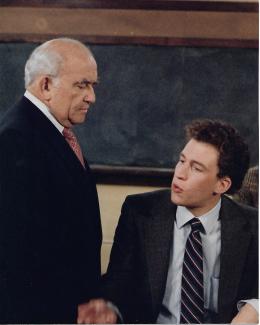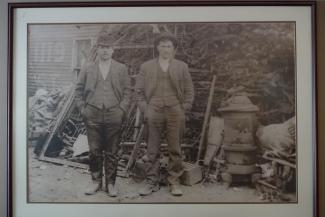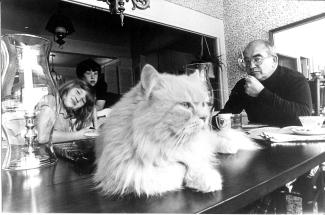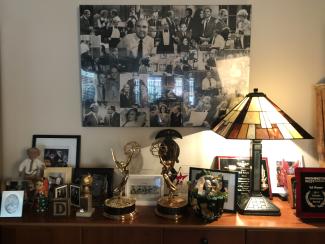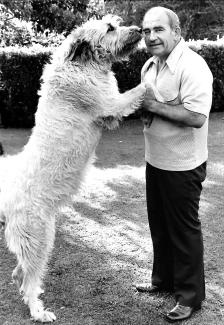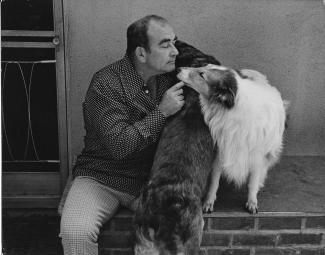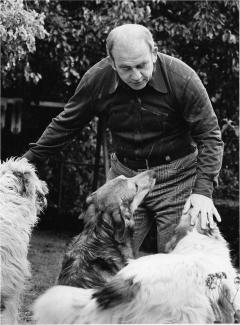The Yiddish Book Center's
Wexler Oral History Project
A growing collection of in-depth interviews with people of all ages and backgrounds, whose stories about the legacy and changing nature of Yiddish language and culture offer a rich and complex chronicle of Jewish identity.
Ed Asner's Oral History
Ed Asner, American actor and former president of the Screen Actors Guild, was interviewed by Christa Whitney on April 30, 2018, in Tarzana, California. Ed's father was orphaned at a young age and did not get along with his stepmother. He worked as a teenager chopping shingles in the Lithuanian forest before moving to the United States and settling in Kansas City in 1900. He and Ed's mother started a junkyard and raised their family above the junkyard until Ed was seven. Ed had a difficult relationship with his father. He was taught to fear him; he never felt that his father was proud of him. His father was Orthodox, and Ed went to kheyder four days a week after school. He doesn't remember much Yiddish culture in Kansas City at the time. Ed describes his bar mitzvah, which made him feel like a failure in front of his father. He wonders whether that harrowing experience influenced his decision to become an actor. He remembers experiencing antisemitism growing up in Kansas City. It was common to hear the phrase "He Jewed me down," and some girls would not go out with him because he was Jewish. On the other hand, Ed liked the "grandiosity" and "drama" of the religion and culture and the emotional singing style of the cantors at shul. Ed's family did not know much about the Holocaust as it was happening, even though they had relatives in Europe. They rarely talked about the pogroms; Ed feels that the tragedy is the stories that weren't told and the questions he didn't think to ask. He feels that he too often denied his heritage in hopes of being accepted. Ed got in trouble with his father for poor performance in college and ended up leaving school. While trying out for acting jobs, he worked in auto plants, steel mills, shoe sales and driving a cab. After the army, he got a part in "The Dybbuk" and invited his parents to come to see him in Chicago. Although his comments made it clear that his father was impressed by his performance, he was not able to tell his son that he was proud of him. Ed married a non-Jewish woman who decided to convert in part to please Ed's mother. Ed's son was bar mitzvahed; Ed was thrilled with his performance and felt that son had redeemed him, leading him to become very emotional at the ceremony. Ed talks about his feelings about Israel which have changed over time; he feels that the situation there has caused a deep chasm between American and Israeli Jews. Ed admits that he has a complicated relationship with his Jewishness, but he loves the Yiddish language, which he feels contains all the joy and tears of the Jewish experience. He recognizes that his background strongly influenced his activism and maybe his acting career as well. When asked about his advice for young people today, Ed says that he has little hope for humankind but hopes that people will get along long enough to save the planet.
This interview was conducted in English.

